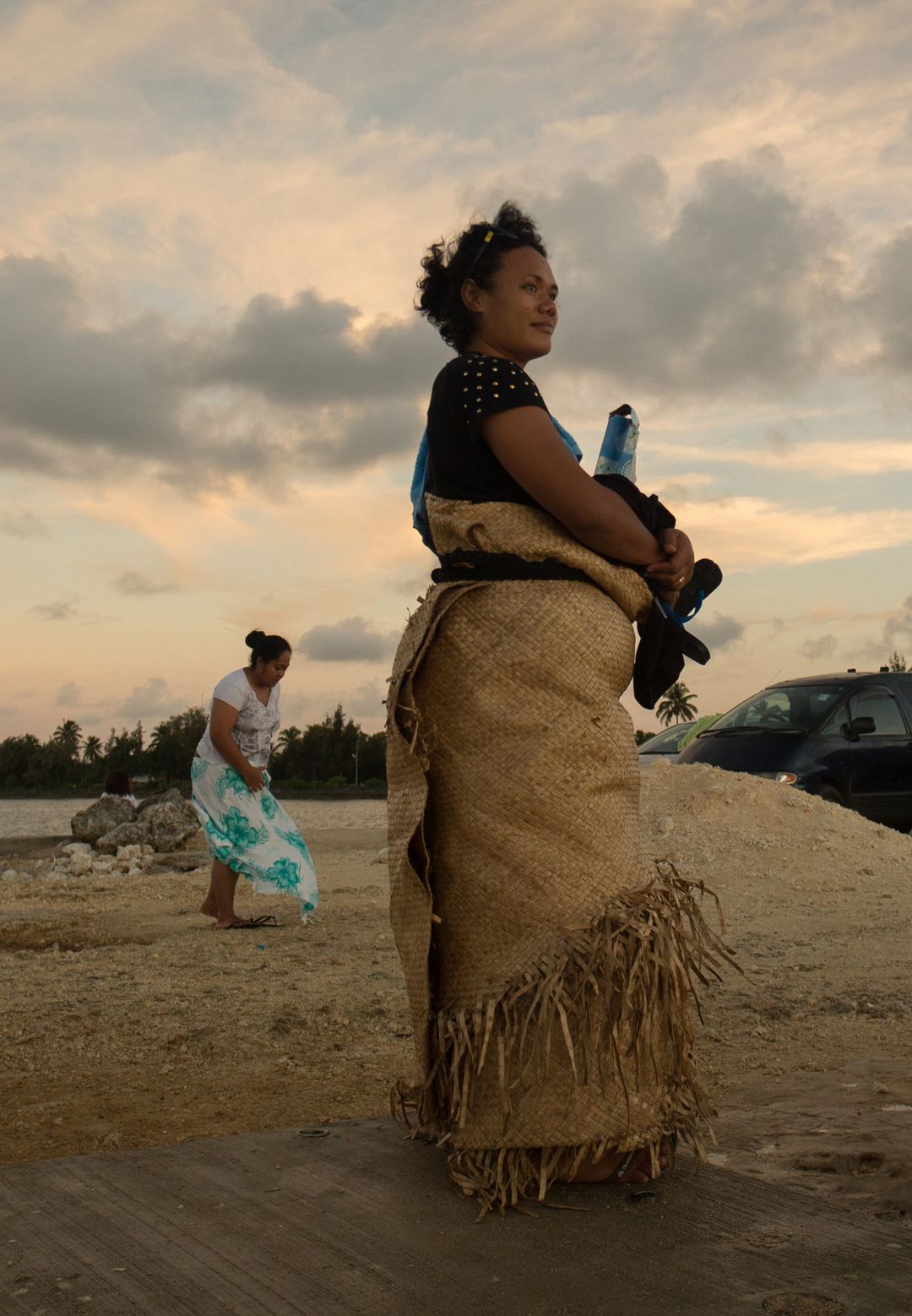Across the Pacific region, government institutions have strengthened over recent decades and have made progress in upholding commitments related to human rights and social development. This includes an increasing number of Pacific Island countries (PICs) ratifying international human rights treaties, and a growing number of services available for survivors of violence against women and girls (VAWG). However, socio-economic inequalities and rights violations persist, due to power imbalances, social exclusion, and discriminatory norms, attitudes and practices. Women, LGBTQI persons, and persons with disabilities face discrimination in society, as well as in accessing social services and economic opportunities.
While fundamental good governance principles of participation, responsiveness, transparency and accountability are in place in both modern and traditional governance systems in the Pacific region, key population groups remain marginalised within many of these systems. Women, young people, persons with disabilities, and LGBTQI persons are not able to equitably participate in these systems, and government policies and programmes do not consistently uphold their rights. The need to support governments with good governance practices and fundamental principles is now heightened, in order to balance emergency measures to protect Pacific peoples from the pandemic with the need to uphold human rights for all. Women, young people and other marginalised groups must be continually enabled to participate in decision-making processes.
The results we are striving for are:
- Government laws, policies and institutions are strengthened to serve the rights of all people
- Civil society (including women and young people) have the capacity and positioning to influence policies and programmes
- Regional leadership improves implementation of human rights and social development priorities at a national level.
- Human rights and social development knowledge inform national policies and development programmes.




